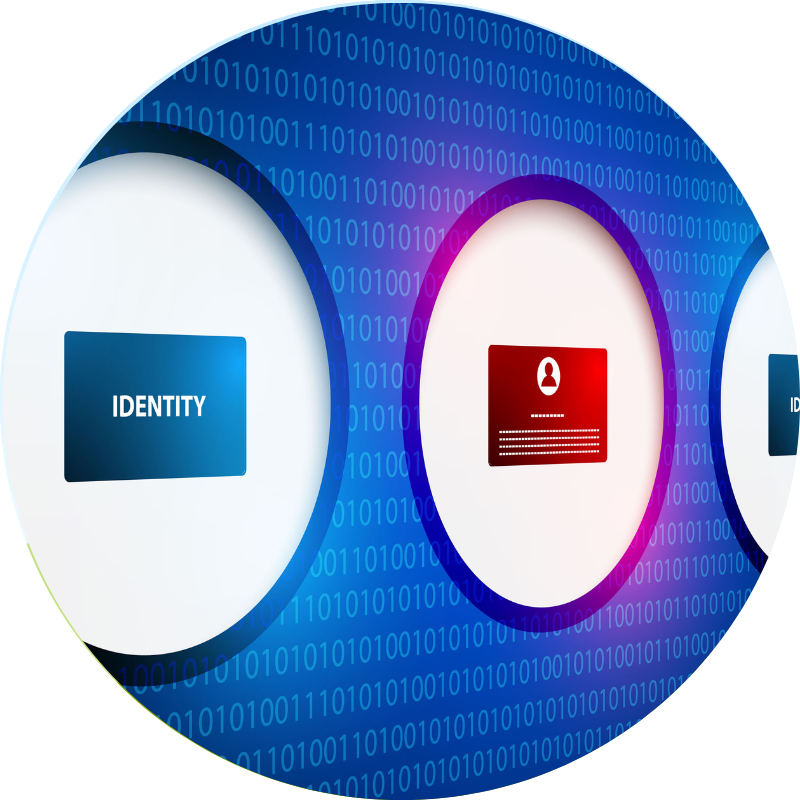
Understanding Identity Theft Protection Services and Credit Report Freezing
In today’s digital world, the threat of identity theft is ever-present. With data breaches, phishing scams, and unauthorized access to personal information becoming more frequent, consumers are exploring different ways to guard their identities. Two common tools in this space are identity protection services and credit report freezing.
Here’s a look at how these options work and what they are designed to do.
Identity Theft Protection Services
Identity theft protection services typically include:
- Credit Monitoring: Tracks your credit reports for changes that could indicate fraud, such as new account openings or hard inquiries.
- Dark Web Surveillance: Scans the dark web for your personal data like Social Security numbers, email addresses, or bank account numbers.
- Identity Theft Insurance: Offers financial reimbursement for certain costs incurred if you become a victim of identity theft.
- Recovery Assistance: Provides support from specialists who help you restore your identity and navigate the aftermath of fraud.
These services aim to detect suspicious activity early and offer some guidance and resources if your identity is compromised.
Credit Report Freezing
A credit report freeze, also known as a security freeze, is a tool provided by the major credit bureaus (Equifax, Experian, and TransUnion) that restricts access to your credit report. When your credit is frozen:
- Lenders cannot access your credit report, which makes it much harder for identity thieves to open new accounts in your name.
- You can still access your own credit reports, and existing creditors can continue to monitor your accounts.
- The freeze can be lifted temporarily or permanently, usually through an online authentication process.
Importantly, a credit freeze does not affect your credit score and is typically free to implement and remove.
Key Differences
| Feature | Identity Protection Services | Credit Report Freeze |
| Cost | Usually requires a monthly fee | Typically free |
|
Active vs. Passive |
Passive monitoring |
Active blocking |
| Coverage | Broad – Monitoring, alerts, insurance | Narrow – Credit access prevention |
| Response to Threat | Alerts and support after fraud | Prevents unauthorized credit activity |
Points of Consideration
These tools serve different purposes: identity protection services focus on early detection and recovery support, while credit freezes are more about proactive prevention. Some consumers use one or the other, while others opt to use both as part of a layered approach to security.
It’s also worth noting that neither option can fully guarantee protection against identity theft. For example, a credit freeze doesn’t prevent misuse of existing accounts, and identity monitoring might not catch all forms of fraud immediately.
Final Thoughts
The landscape of personal data protection continues to evolve, and tools like identity protection services and credit freezes have become part of the broader conversation. Understanding how they work helps individuals make informed decisions about their personal security posture.
For the latest updates, to view our webinars, and listen to our podcasts, visit and follow us on LinkedIn, Facebook, X, Instagram, YouTube and Spotify.
Learn more about how we can help you achieve your goals, address challenges, and resolve issues with speed and precision by conveniently scheduling an appointment with our team. And to speak directly with an experienced payroll professional, please contact us at 888.632.2940 or simply Click Here and Let’s Talk.
* MPAY LLC dba Payentry (Company), is not a law firm. This article is intended for informational purposes only and should not be relied upon in reaching a conclusion in a particular area of law. Applicability of the legal principles discussed may differ substantially in individual situations. Receipt of this or any other Company materials does not create an attorney-client relationship. The Company is not responsible for any inadvertent errors that may occur in the publishing process.

